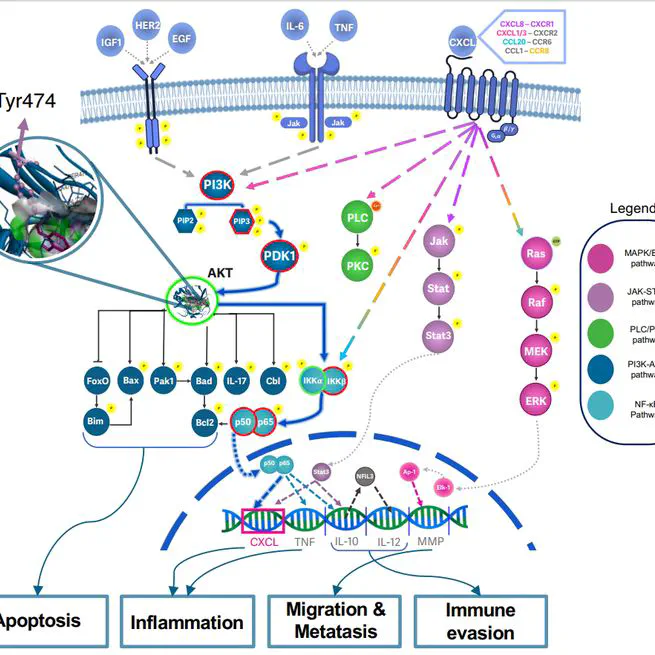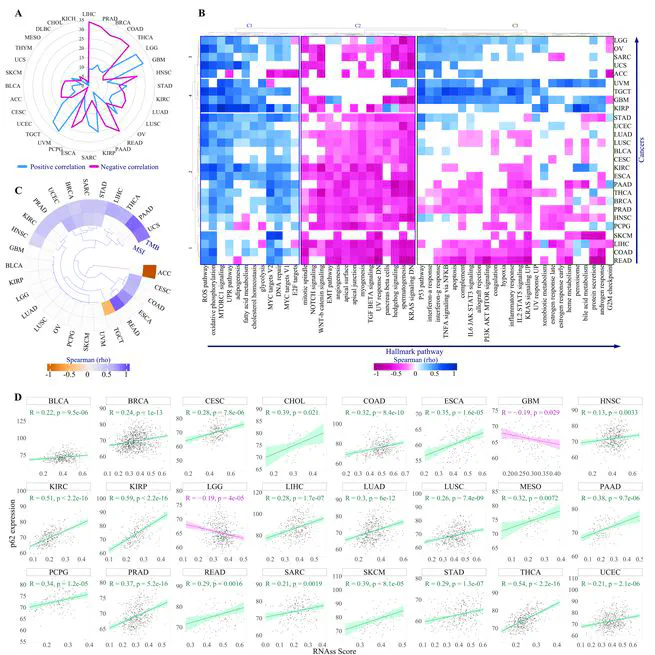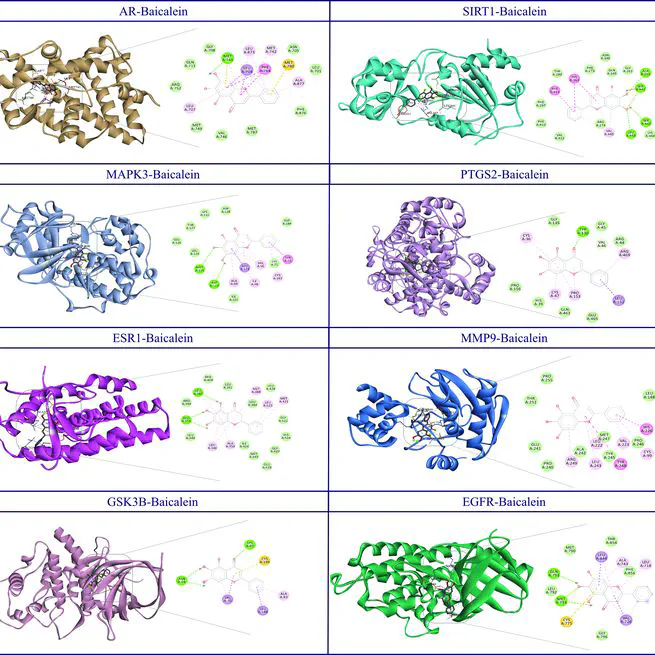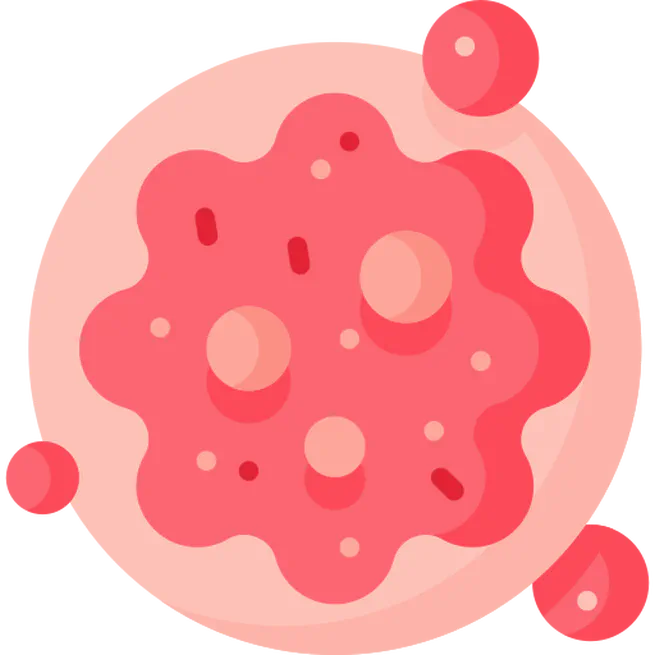
Breast cancer (BC) remains a leading cause of cancer-related morbidity and mortality worldwide, highlighting the Critical need for innovative treatment strategies. Phytochemicals, bioactive compounds derived from plants, have emerged as promising candidates in cancer therapy due to their diverse anti-cancer properties. Oleuropein, a polyphenol found in olive oil, has shown potential in modulating key signaling pathways, inducing apoptosis, and inhibiting metastasis in various cancer models. In this study, we investigated the effects of oleuropein on genome expression profile of MDA-MB-231 BC cell line by RNA-sequencing method. The cell line treated with 200 μL of oleuropein for 48 hours, total RNA extracted from both treated and untreated cells and RNA sequencing performed to assess global gene expression changes. Differential Gene Expression (DEG) analysis was conducted to evaluate pharmacological effects of Oleuropein treatment through pathway analysis and deep learning models. A comprehensive RNA-sequencing analysis revealed a total of 137 differentially expressed genes in MDA-MB-231cells treated with oleuropein. Of these, 115 genes were downregulated, while 21 genes were upregulated during the study. These findings suggest that oleuropein exerts a significant impact on breast cancer cells by modulating multiple molecular mechanisms. The downregulation of numerous genes involved in cell proliferation, survival, and invasion pathways indicates the potential for oleuropein to inhibit tumor growth and metastasis in BC.
Apr 8, 2025

Sequestosome 1 (SQSTM1)/p62 is a multifunctional protein involved in diverse physiological processes, and it has been evidenced that its dysregulation implicated in tumorigenesis. Using TCGA pan-cancer data, we analyzed p62 genomic alterations, expression patterns, and clinical relevance. Our results show that p62 mutations and copy number variations (CNVs) are rare, suggesting that prognostic significance of this gene is poor. However, p62 gene expression was significantly elevated in several cancers, including BRCA and LUAD , where it correlated with poorer overall survival and advanced tumor stages. Pathway analyses showed a strong association between p62 and oncogenic features, such as oxidative phosphorylation, reactive oxygen species (ROS), increased tumor mutation burden (TMB), and microsatellite instability (MSI). Intrestingly, p62 expression was inversely associated with immune cell infiltration and positively correlated with immunosuppressive markers, suggesting its role in fostering an immunosuppressive tumor microenvironment (TME) in most types of cancer. Therefore, p62 plays a pivotal role in cancer as both a driver of oncogenesis and a modulator of the TME, supporting its potential as a biomarker and therapeutic target to enhance the efficacy of immunotherapies, particularly immune checkpoint inhibitors (ICIs). Through docking-based virtual screening, we finally identified four natural-product-derived inhibitors targeting the PB1 domain of p62, which is essential for its self-oligomerization, with favorable pharmacokinetic profiles.
Mar 1, 2025

Baicalein is a flavonoid that demonstrates extensive and significant therapeutic potential for numerous neurodegenerative diseases (NDs). Due to its shared influences on the remediation of NDs, our study adopts a comprehensive approach to illuminate the underlying mechanisms responsible for the effects of baicalein. We initiated our investigation by computationally identifying the potential protein targets of baicalein using SwissTargetPrediction in Homo sapiens. Concurrently, we used the DisGeNET database to identify genes related to NDs. By integrating with baicalein-predicted targets, we build an inclusive network that highlights complex relationships between genes, diseases, and baicalein. Our findings revealed that baicalein predominantly affects the AGE/RAGE pathway, interleukin (notably IL-18 and IL-17), and NF-κB signalings, the pathways associated with inflammation and immune-related functions. Furthermore, the effects of baicalein extend to the pathways with critical roles in NDs, such as BDNF and PI3K-Akt signaling. Using protein-protein interaction networks to validate our findings, we identified key hub proteins (AR, EGFR, SIRT1, MAPK3, APP, ESR1, PTGS2, MMP9, and GSK3B) that may mediate the therapeutic effects of baicalein against NDs. In this case, molecular docking indicates strong binding affinities between them and baicalein. In summary, our detailed study highlights baicalein's potential as a promising treatment for NDs, offering a molecular basis for its effectiveness.
Feb 24, 2025

The Cancers Meta-analysis Projects integrate comprehensive transcriptome, genome, and epigenome datasets to advance precision oncology through rigorous meta-analysis and cutting-edge AI models. Focused on high-impact cancers—including gastric, triple-negative breast cancer (TNBC), colorectal, lung, glioblastoma, and pancreatic cancers.
Jan 26, 2024

Projects bridges AI-driven target prioritization with precision experimental pipelines to uncover novel therapeutics. Leveraging structural bioinformatics and high-throughput virtual screening, the platform computationally evaluates millions of compounds against metagenes—AI-identified genes critical to disease mechanisms (e.g., cancer progression, antimicrobial resistance).
Jan 13, 2024